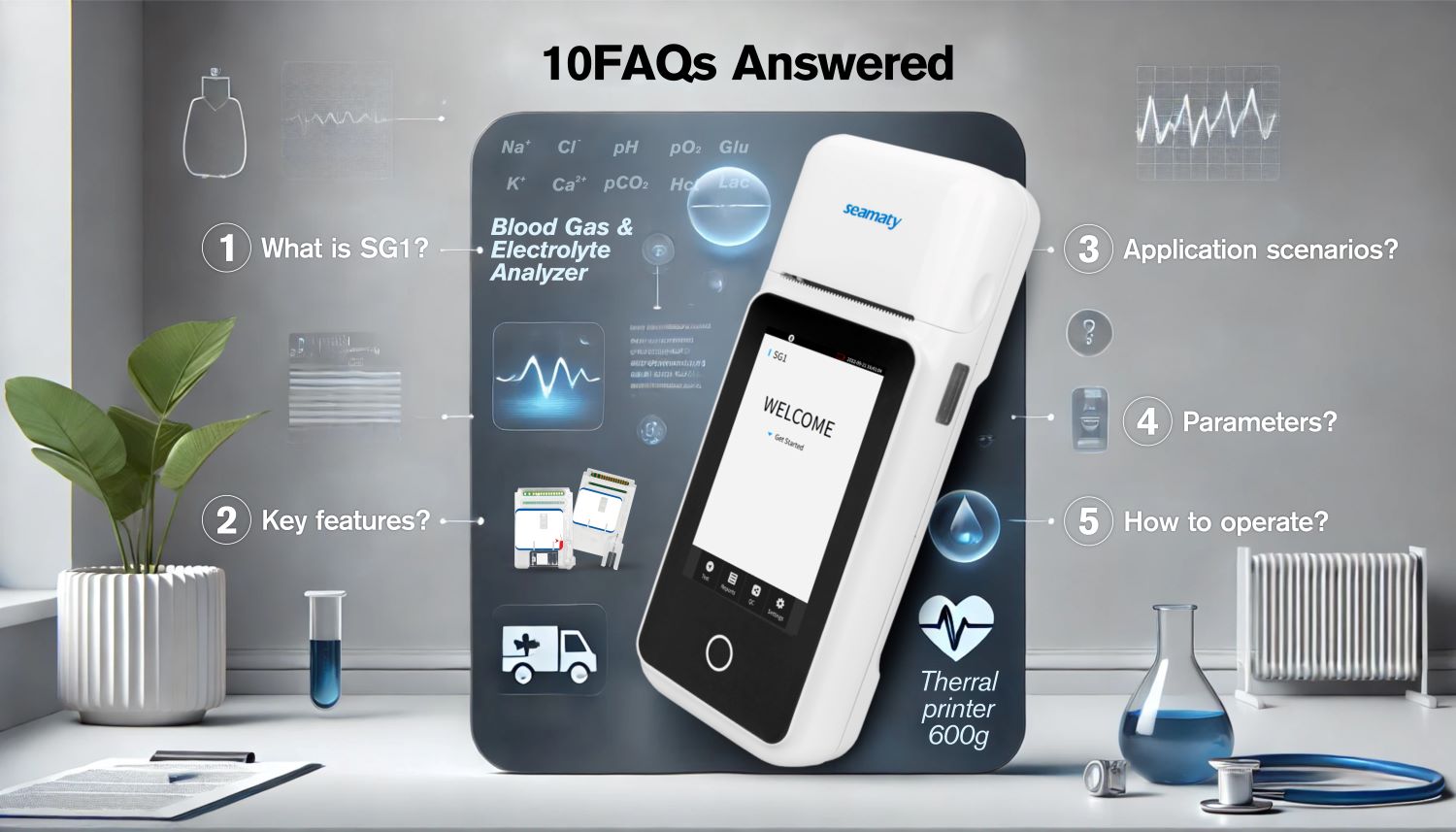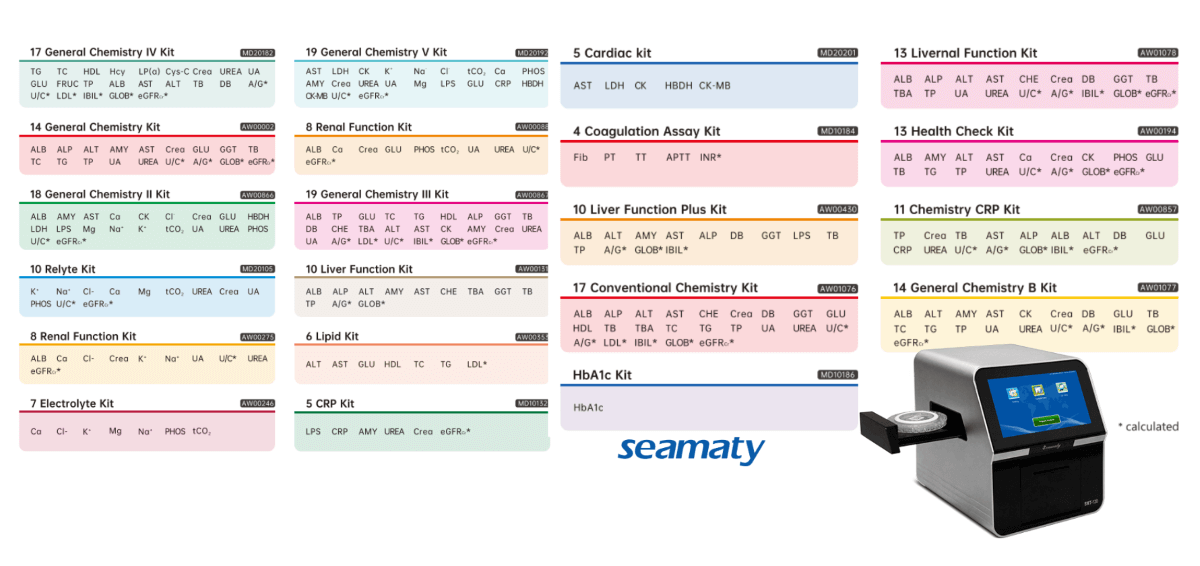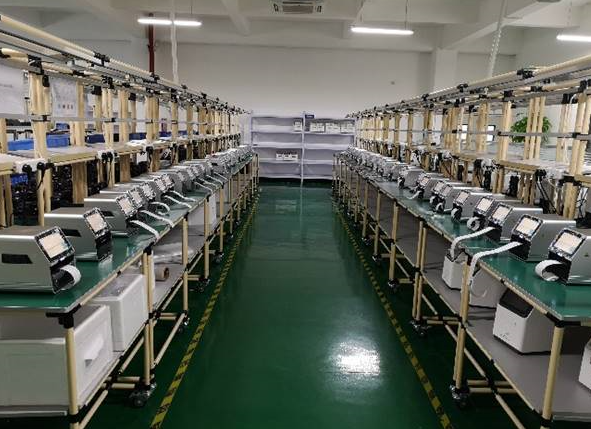The COVID-19 test is now hard to find worldwide, and there are even some fake nucleic acid kits available. However, the rapid spread of the Omicron strain has led to a surge in demand for
COVID-19 testing. More and more healthcare systems are experiencing shortages of staff and supplies. Nucleic acid testing kits in Europe and the United States have a shortage of capacity. Neither the industry chain, nor the organization of production work, nor the responsiveness of companies can catch up with the spread of Omicron.
U.S. public health experts say that in the face of the more contagious "Omicron strain", it is particularly important to do virus testing regularly. But there are still a large number of residents who are unable to qualify for testing. The rapid spread of the virus has also forced more residents in Europe and the U.S. to visit testing sites more frequently to get nucleic acid tests. Or purchase rapid test kits that can be used at home.
In the last three to four months, the number of COVID-19 tests purchased from China has increased rapidly worldwide. There may be a shortage of COVID-19 assay capacity in the European and US markets.
There are multiple reasons for the shortage of COVID-19 assay capacity in the U.S. market. First, the global reagent upstream and downstream industry chain is unstable, affected by the impact of the epidemic, and it takes time to restore production. Second, the global market is mostly monopolized by giant companies. These companies control the channels and prices, resulting in many small and medium-sized reagent manufacturers have no incentive to release production capacity. Third, the lack of organizational capacity to concentrate large numbers of production workers and production raw materials has led to the inability to release large scale production.
To ease the pressure of testing, the Biden administration announced last December that 500 million sets of home reagent test kits would be sent to Americans for free. However, this did not save COVID-19 test reagents difficult to buy the situation. The skyrocketing price of the kits has also increased the misjudgment and panic of the American public about the outbreak.
In the U.S., kits usually cost $14-24 for two doses of rapid screening, but now the price has doubled several times to $75 in some markets because of shortages, and there is even a price tag of $80, an increase of 188%-471%. In addition, in contrast to the EU's low threshold for certification, the U.S. market access threshold deters many test reagent manufacturers. This has also exacerbated the difficulty of buying COVID-19 testing reagents in the United States.
In accordance with FDA regulations, there are usually two phases of EUA filing. Pre-Emergency Use Authorization (Pre-EUA) and Emergency Use Authorization (EUA), which is a temporary "pass" to market, and after the FDA declares the outbreak over, products qualified for EUA can no longer be marketed for use and need to apply for regular registration.
Global Demand for COVID-19 Testing Begins to Flock to China
According to BCC Research, the global COVID-19 testing market is expected to reach US$60.3 billion in 2020, US$84.4 billion in 2021, and US$195.1 billion in 2027, growing at a CAGR of 15% from 2021 to 2027.
As the epidemic spreads around the world, the foreign demand for COVID-19 test kits is increasing. According to the Daily Mail, the Therapeutic Goods Administration of Australia (TGA) has now approved 21 antigen detection kits, 15 of which are from China, accounting for 71.4%.
In mid-January, several Chinese nucleic acid reagent manufacturers said that China's industry chain is complete and the production capacity of nucleic acid reagents is being released quickly. In addition, there is sufficient competition in the nucleic acid reagent market and the cost of raw materials is low. Therefore, compared with products from other countries, the cost performance of Chinese nucleic acid reagents is much higher. This is one of the reasons why Chinese nucleic acid reagents are sought after by the international market.
Based on the judgment of future industry trends, it is expected that the combined COVID-19 testing market size in Europe and the United States is expected to reach $3.391 billion in 2022. In order to prevent and control epidemics, the demand for nucleic acid testing will remain an immediate need in the market for a long time to come, and it is likely that COVID-19 will coexist with humans for a long time. However, there is still uncertainty whether the disease burden caused by the virus to humans will be reduced. Therefore, it is necessary to enhance the production capacity of biopharmaceutical and vaccine development, which can significantly reduce the disease burden brought by viruses to humans.


